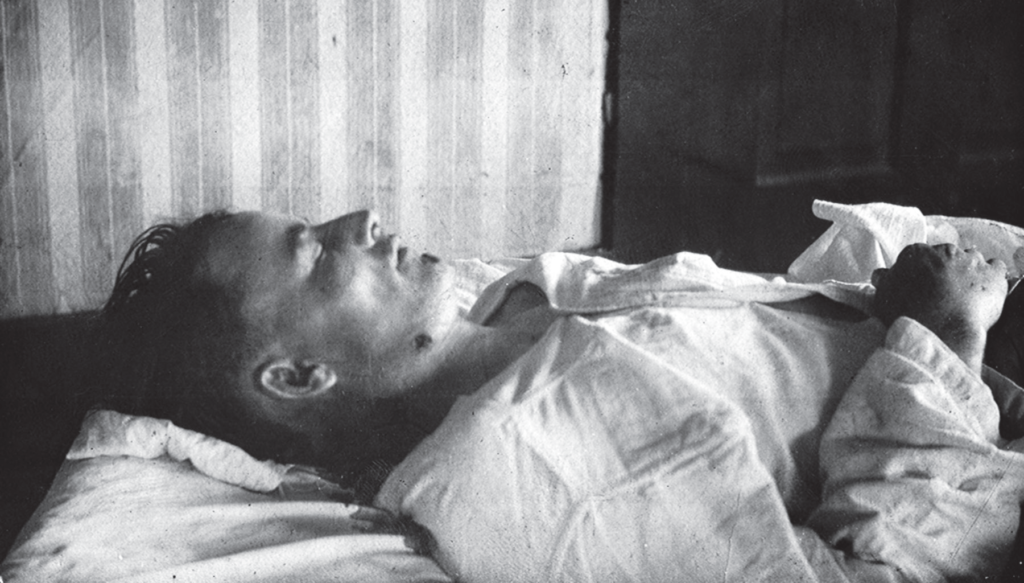
Texans sure do love their outlaws. In the nineteenth century, popular culture was overrun with stories of gunslingers, horse thieves, and rampaging Indians. While the esteemed Texas Rangers dispatched most criminals to the history books, a new outlaw sprang forth in the early twentieth century — the bootlegger.
Decades of work by social progressives and temperance advocates culminated in the nationwide ratification of the Eighteenth Amendment to the U.S. Constitution, commonly known as the “Prohibition Act,” in January 1919. Following the passage of national Prohibition, alcoholic beverages became illegal to make, sell, transport, and, of course, drink. Busting up barrels of beer was easy, finding enforcers of Prohibition was not.

Entrepreneurs
Somervell County, Texas, was perfect for illicit whisky-making, with its rocky hills and hiding places; and it’s proximity to Dallas/Fort Worth meant bootleggers would have plenty of customers just down the road. The small mill town Glen Rose boasted an artesian springs that brought in a few curious tourists. Locals Sam and Rabbit Darnaby set up their still (from the word “distillery’) using artesian waters along Paluxy Creek. Others caught on, and moonshine became the number-one industry in poor Somervell County. Glen Rose would soon gain the attention of the Governor of Texas himself.
Still Snitches
In 1923, Dick Watson was pulled over by a county sherrif’s deputy, who found his not-so-hidden jars of moonshine. Watson’s buddy, the sheriff, got him assigned to The Anti-Saloon League, who paid salaries and expenses for Special Prohibition Agents to infiltrate bootlegging operations in the state and report back to law enforcement authorities. Dick Watson was now a Special Prohibition Agent working under the direction of the Texas Rangers, and would be one of many still snitches. That’s one way to beat the rap!
“One thousand Rangers could be used to suppress lawlessness and bring to justice those local officials who willfully and corruptly refuse to enforce state law…While I am Governor of Texas, no band of criminals will ever take charge of a community as long as a Texas Ranger can pull a trigger.” — Texas governor Pat Neff

The Raid
Governor Neff found his soldier in Texas Ranger Red Burton, who would lead the coming raid on Glen Rose. On August 25, 1923, Texas Rangers made their move against the Glen Rose moonshine enterprise. Lawmen from all around were brought in to assist. All day long, apprehended bootleggers were marched into the courthouse. The public was given a spectacle of confiscated still equipment, dumped on the courthouse lawn. By afternoon, the courthouse lawn was stacked with seven whiskey stills, sixty-six gallons of corn liquor, eight gallons of wine and eight hundred pounds of sugar. The mass arrest yielded thirty-one Somervell County moonshiners and bootleggers.

Murder
The ensuing trials became a media circus, and were front-page news throughout Texas. Dick Watson, the bootlegger turned Special Prohibition Agent, was the star witness in several trials, but was assassinated before he could provide testimony in all. In such a moonshine-friendly community, Watson’s friend the imposing Texas Ranger Red Burton couldn’t convince the grand jury to indict his suspects. No further cases related to the Glen Rose raids were filed.


